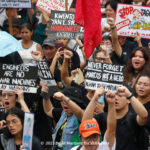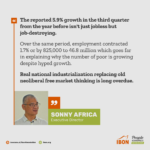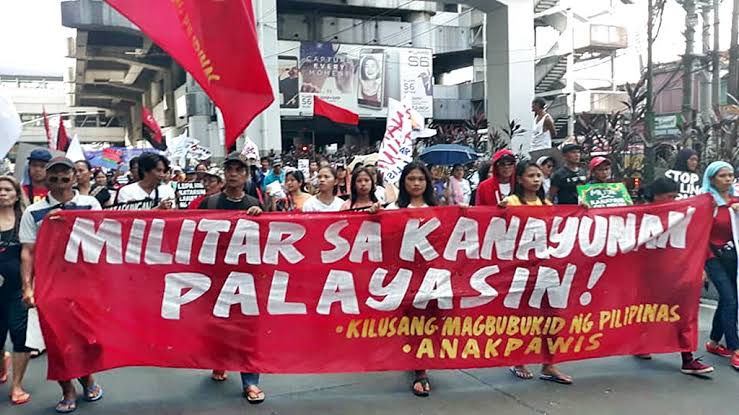
As UN Special Rapporteur Irene Khan meets with cause-oriented groups, victims and survivors of human rights violations in Visayas, the Kilusang Magbubukid ng Pilipinas (KMP) renewed its call for the junking of Memorandum Order No. 32 and Executive Order No. 70 which authorized the Martial Law-like situation in Negros and Eastern Visayas provinces. We wish to relay to SR Khan
The most number of farmer victims of red-tagging and extrajudicial killings (EJK) under the Duterte and Marcos Jr administrations were documented in the provinces of Negros Occidental and Negros Oriental. Several peasant massacres also happened in Negros and Panay regions.
The spate of killings and rising number of activist deaths in Negros warranted it to become a “killing field” and “a laboratory of fascism,” according to KMP.
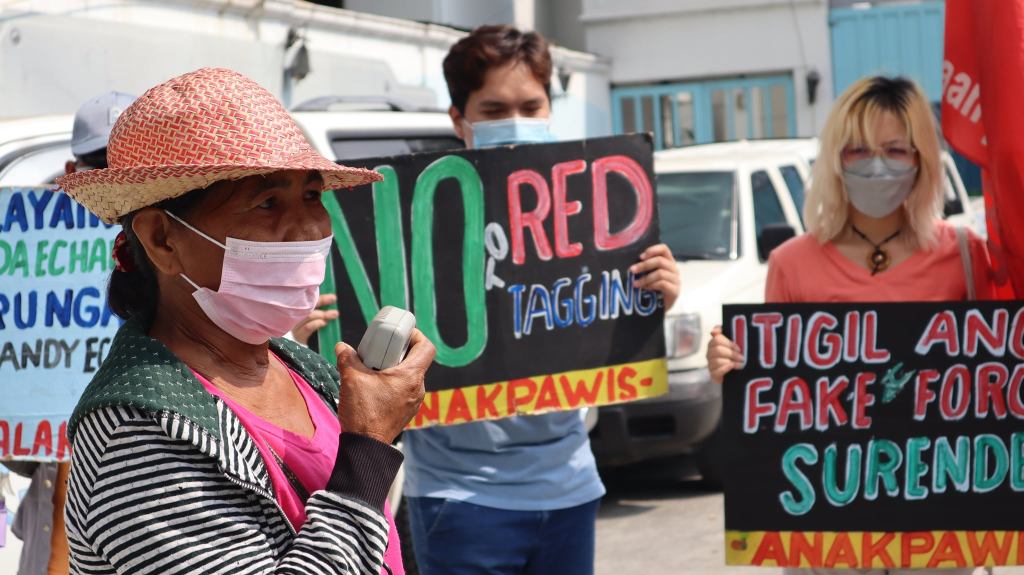
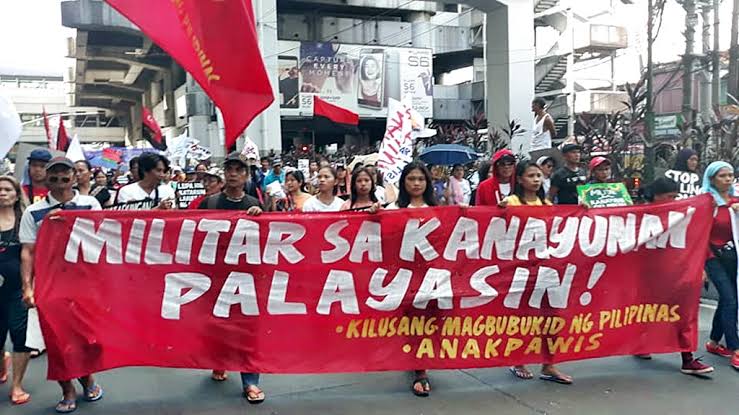
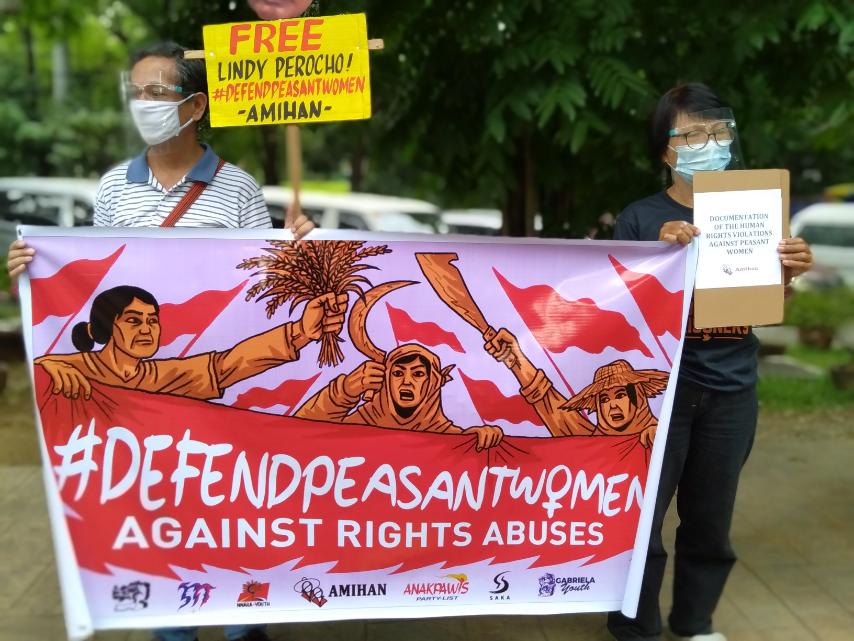
Most peasant victims of EJK in Negros were red tagged and harassed by state security forces in their communities. Like many other victims of red-tagging and harassment, they ended up becoming victims of graver human rights violations. Among the most recent victims were peasant activists Dionisio Baloy, 67, a member of the Kaisahan sa Gamay’ng Mag-uuma sa Oriental Negros (KAUGMAON-Guihulngan Chapter), and fellow farmer Bernard Torres Sr. who were gunned down by elements of the 62nd Infantry Battalion of the Philippine Army. In Cebu, peasant organizer Allan Flores was arrested last January 21, at his farm in Sibagay 2, Brgy. Cantabaco, Minglanilla. He is currently detained in a local police station facing trumped-up charges of murder and frustrated murder in Bohol.
The intense militarization of peasant communities is also causing widespread fear and mass trauma among farmers and their families. Such actions result in the death or injury of the people and the destruction of crops and properties of farmer victims, which create an atmosphere of fear and intimidation that undermines various freedoms.
We respectfully forward the following recommendations:
- For the Special Rapporteur to press the Philippine government to invite UN Special Procedures on extrajudicial killings, human rights defenders, indigenous peoples, freedom of association and peaceful assembly, and freedom of expression, to conduct an independent investigation on human rights violations in the Philippines;
- For the Special Rapporteur to encourage the Philippine government to recognize, comply with, and abide by the United Nations Declaration on the Rights of Peasants and Other People Working in Rural Areas[ United Nations Declaration on the Rights of Peasants and Other People Working in the Rural Areas];
- For the Special Rapporteur to encourage the Philippine government to stop threatening institutions, international advocacy groups, and individuals who stand with victims of injustice and abuse.
- For the Special Rapporteur to encourage the Philippine government to rescind its policies and programs that have weaponized the law against Filipinos’ rights to freedom of opinion and expression;
- For the Special Rapporteur to encourage the Philippine government to end its militarization campaign and encampment in communities and civilian structures. Subsequently, the dismantling of paramilitary groups and auxiliary forces legitimized by the government must follow;
- For the Special Rapporteur to encourage the Philippine government to stop the widespread vilification campaign against leaders, members, and supporters of legitimate and progressive organizations. The dismissal of trumped-up charges filed against leaders and members of peasant and Lumad groups and communities is also strongly urged.
- For the Special Rapporteur to urge the Philippine government to release all political prisoners and dismiss the trumped-up charges filed against them.
- For the Special Rapporteur to encourage the Philippine government to junk/repeal the Anti-Terrorism Act, to abolish the National Task Force to End Local Communist Armed Conflict, and to abrogate Executive Order No. 70.
- For the Special Rapporteur to encourage the Philippine government to implement a genuine agrarian reform program that shall include free land distribution to tillers that will address the local armed conflict and implement a comprehensive system of support services for the Philippine agricultural sector, and the respect of civil, political, cultural and economic rights of the toiling rural people;
- For the Special Rapporteur to encourage for Philippine government to resume formal peace talks with the National Democratic Front of the Philippines and to abide by all international instruments and accords on respect for human rights including the Universal Declaration of Human Rights, International Convention on Civil and Political Rights, International Convention on Economic, Social and Cultural Rights, International Convention on the Rights of the Child and, all major human rights instruments that it is a party and signatory. #


